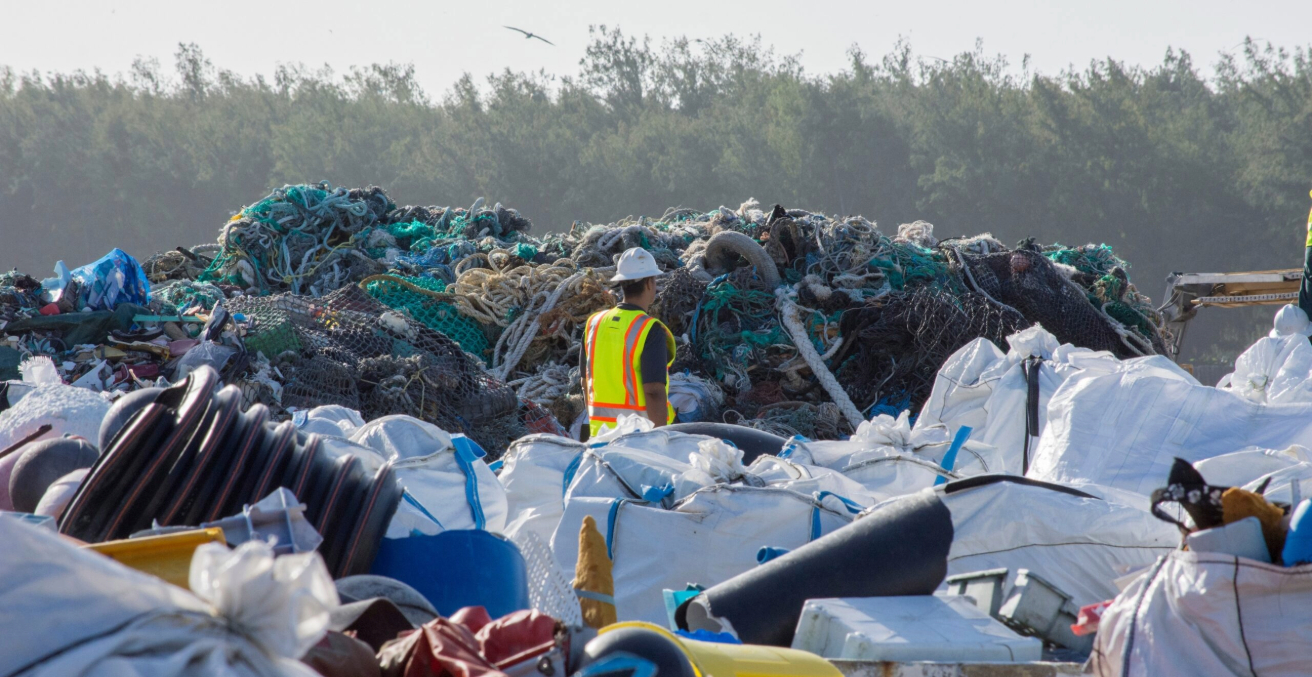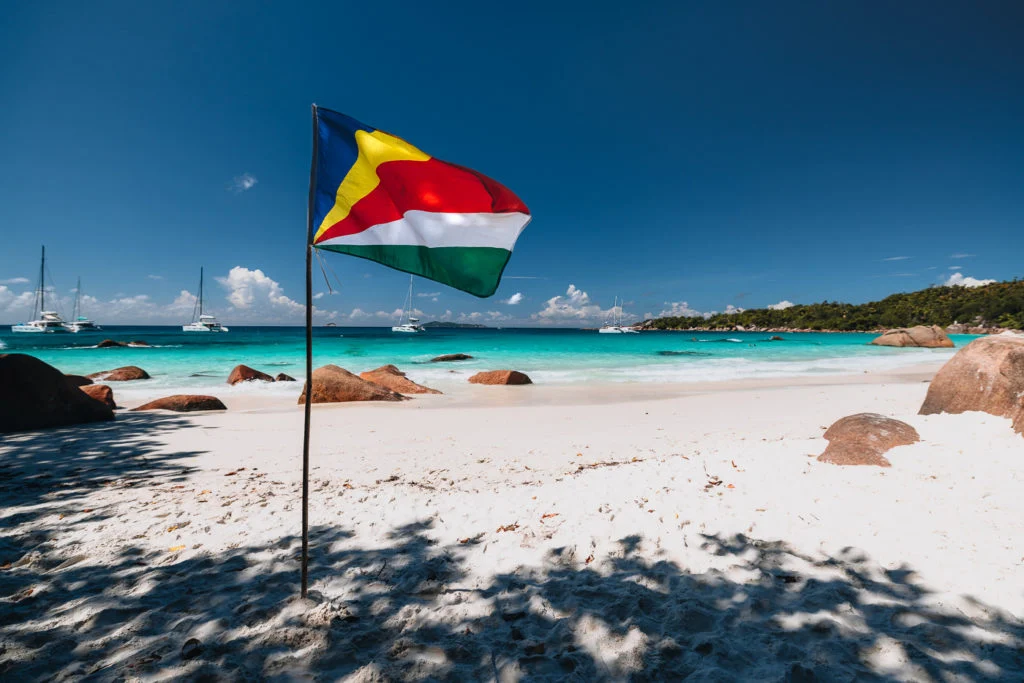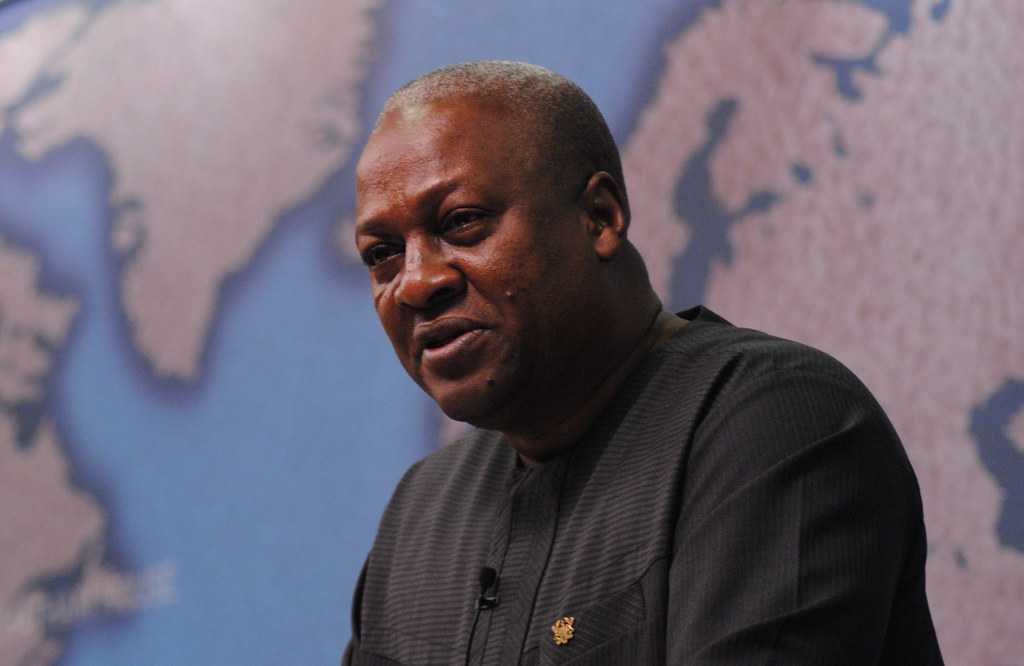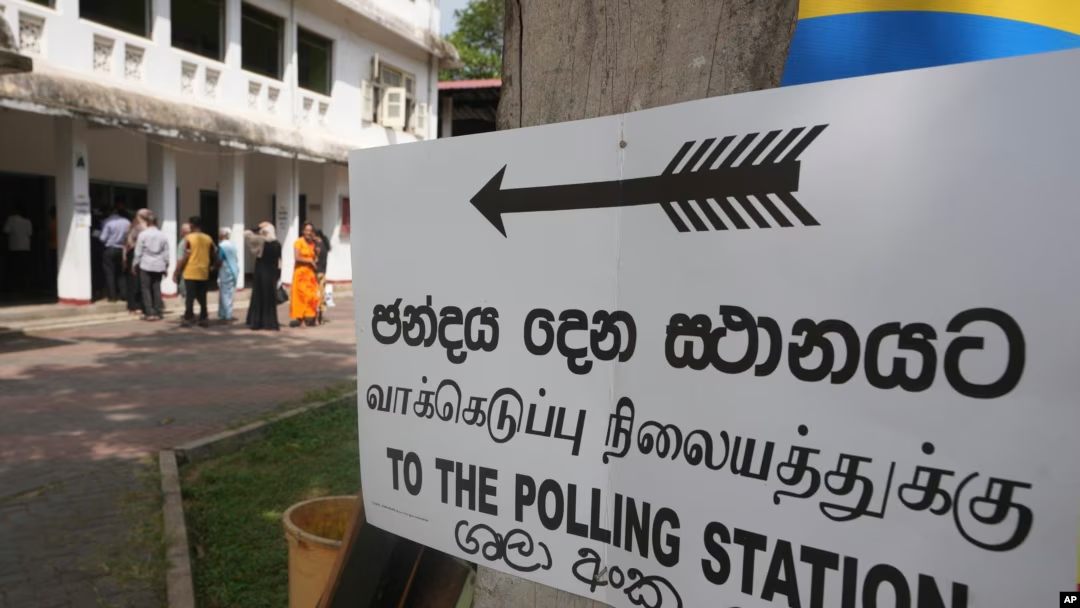The promise of a global plastics treaty has once again stalled, with negotiations ending without agreement or textual progress. While entrenched redlines steered the process toward lowest-common-denominator outcomes, hope remains as many countries demonstrated that they will not settle for a treaty at any cost.
In Geneva last week, the final scheduled round of negotiations for a global treaty to end plastic pollution descended into open disagreement in which, after ten days of painstaking talks, a textual proposal from the Chair triggered a rare moment of unity: nations from every position rejected it as unbalanced and inadequate. The Geneva talks ended without a treaty, exposing a multilateral environmental system increasingly favouring the lowest common denominator, where entrenched “redlines” leave ambition off the table entirely.
The stakes of INC-5.2
Since 2022, United Nations member states have been negotiating a global plastics treaty under the mandate of UNEA Resolution 5/14, which calls for an international legally binding instrument to address the full lifecycle of plastic. This is significant because plastic is a petrochemical byproduct, derived primarily from oil and gas, whose production, use, and disposal generate a cascade of environmental and human health impacts. These range from toxic chemical exposures and microplastic contamination in the food chain, to greenhouse gas emissions and intractable pollution in terrestrial and marine ecosystems.
The global plastics treaty was originally scheduled to be finalised by the end of 2024, but negotiators shelved discussions after failing to reach consensus, agreeing instead to resume the fifth session in Geneva from 5-14 August 2025. The delay reflects both the technical complexity of regulating an entire material lifecycle, and the deep political divides between high-ambition states seeking production controls and others prioritising voluntary measures or waste management approaches.
In Geneva, work was divided among four contact groups tackling the 32 articles in the draft text. These groups dealt with issues ranging from scope and objectives to means of implementation, monitoring, and compliance. While negotiators managed to resolve some technical provisions, many of the most politically sensitive issues were pushed into informal closed-door meetings from which observers were excluded. This shift heightened concerns about transparency and the narrowing of space for inclusive participation at a moment when the stakes could not be higher.
The Chair’s unpopular proposal
With 36 hours remaining in the resumed fifth session of intergovernmental negotiations, the Chair took the initiative to table a new draft text. Drawing on consultations with the facilitators of the working groups and informal sessions, Luis Vayas Valdivieso, the Chair of the negotiating committee, presented it as a “balanced” compromise intended to bridge divides and move the process toward conclusion.
The hours that followed the Chair’s proposal made clear just how wide the gap remains. Nations with widely diverging interests who yet failed to agree on substantive measures, found common ground only in their rejection of the text. Across negotiating blocs, delegates described it as “imbalanced” and “unacceptable” as a basis for further work.
These complaints were carried into closed-door consultations with the Chair, first within regional groups and then among heads of delegations, culminating in the release of a new draft intended to allow member states, rather than the Chair, to renegotiate their redlines. But as pizza boxes piled up beside observers in the corridors, member states noticeably absent, the mood declined with each subsequent notification that the plenary had been postponed by an hour, then another, and then another.
A text that falls short of ambition
High-ambition countries—Pacific small island developing states and others seeking a robust instrument—were quick to reject the Chair’s textual proposal outright. Substantively, many argued that it failed to deliver on UNEA Resolution 5/14. It omitted critical provisions on primary plastic production, chemicals of concern, leakages and releases, and human health. Instead of binding commitments, the Chair’s text relied on the weaker term “should,” a linguistic choice that strips obligations of legal force.
Delegations also objected to the removal of previously bracketed text. Brackets in treaty negotiations mark unresolved points of disagreement and signal that further negotiation is required. By stripping them out, the Chair presented a “clean” but lowest-common-denominator text that sidestepped contentious issues rather than resolving them, and in doing so, weakened ambition.
Some pointed out that bridging proposals intended to reconcile differing positions—such as Brazil’s standalone proposal on Article 19 (Health), which was supported by over 120 countries—were completely omitted from the Chair’s draft. These proposals, they argued, represented genuine progress in finding middle ground and should have been reflected in any compromise text.
Panama warned that “the redlines of the majority of countries have been stomped on and burned… This is not about closing a treaty at any cost. This would not close the wound; it would be fatal.” Kenya described the text as having “lost its objective,” containing no binding obligations in its current form, and as part of a “systemic dismemberment of UNEP.”
The self-described Like-Minded Group, consistently opposed to upstream measures that could constrain fossil fuel demand, made a show of rejecting the Chair’s proposal too. Yet, their objections rang hollow, since their redlines had already been secured through the removal of the full life cycle approach, among other key provisions.
The final hours
At 11:35 pm on 14 August, the plenary was briefly opened and closed within 30 seconds, fulfilling the procedural requirement that the final session commence that day. Substantive negotiations were postponed, with heads of delegation meeting from 2am into the early hours of 15 August to discuss the second version of the Chair’s text. When the plenary reconvened just before 6 am, with delegates bleary-eyed, if not falling asleep in their seats, it was clear that little had changed.
The updated draft added articles on plastic products and product design but without firm obligations or enforceable standards. New sections on plastic production, chemicals, and health were framed as almost entirely voluntary, further diluted by qualifiers such as “as appropriate.” Brackets were reintroduced around “should” and “shall,” signalling continued disagreement. Even where binding language appeared, it was paired with voluntary approaches that undermine ambition. Ultimately, this revised text was rejected in favour of deferring to the draft text developed in Busan during INC-5.1.
The collapse of INC-5.2 without a treaty or textual progress suggests that environmental multilateralism is becoming a venue for defending entrenched positions rather than forging shared solutions. This dynamic drives the intergovernmental negotiations toward the lowest common denominator, where ambition is the first casualty.
Yet, hope remains in the variety of bridging proposals that have attracted broad support, demonstrating that a majority of states share the political will to tackle plastic pollution. The strength of the mandate established by UNEA Resolution 5/14, which calls for international legally binding obligations across the full life cycle of plastics to protect human health and the environment, also provides a powerful anchor for the treaty text. Only a handful of states continue to exploit the veto effect of consensus decision-making in an effort to narrow the scope to a waste-management treaty.
With plastic pollution set to double from 2015 levels by 2030, time is of the essence. Member states cannot allow this stalemate to block meaningful action. While treaty talks are stalled by entrenched positions and consensus procedures, those showing ambition on the global stage should now leave Geneva and channel that energy into leadership at home.
This article was updated on 25 August 2025 to better reflect the updated figures for Brazil’s Article 19 proposal and the number of countries involved.
Dr Babet de Groot is a Lecturer in Politics and International Relations at the University of Wollongong and an expert in global plastics governance. She has attended five sessions of the Intergovernmental Negotiating Committee on Plastic Pollution, most recently INC-5.2 in Geneva.
This article is published under a Creative Commons License and may be republished with attribution.





